Appropriate Language for Different Ages
When is the right time to begin talking to your Children about Sex Education? The answer is: Right away!
From Birth
Children should not become ashamed of their bodies. If there is confusion, this can present later in life as body image issues or shame surrounding their sexuality.
- Use the correct names for body parts. Nicknames may imply that the body is something to be hidden or masked.
- Be positive about bodily functions. Instead of saying, “Eek! That stinks!” when changing the diaper, consider saying “What a healthy bowel movement!” Bowel movement is just a part of life.
- Normalize self-touch. Recognise that self-exploration and curiosity of one’s genitals is normal and healthy.

Ages 2 to 3
Your child will begin asking questions about his body and the bodies of others. He or she will start to notice the differences between men and women, and will begin to verbalize that confusion and seek answers from you. Here’s how you can educate and guide your own child:
- If your child is exploring his or her body and genitals in public or at inappropriate times, explain that while it feels good to touch the penis or the vulva, they are private parts and this touching should only occur in private.
- Teach your children that their private parts are their own and that no one else should touch them, other than parents / caregivers who are helping to wash them or wipe them. Also, let them know that other people’s private parts are off-limits too.
- Enforce the lessons of “good touch“ and “bad touch” at this age. Good touching is wanted and feels okay; bad touching is when they don’t want to be touched. Teach your child to say, “Don’t touch me that way” if someone ever touches them in a way that they don’t want to be touched, and to inform you or a teacher.
Ages 7 to 9
The child enters the phase of asking all questions related to, “Where do babies come from?”. Rather than becoming overwhelmed by these questions, try answering questions using a matter-of-fact approach and in bite-size stages.

Age 10 – 11
Consider giving an anatomy lesson by using sexual anatomy drawings of girls and boys. You may talk about how semen is made, ovulation, menstruation, tampons or pads, and “wet dreams”. You should include the other physical changes that happen with adolescence, such as hair growth, deepening voice, and growth of breasts and penis.
Normalize all of this and let them know that these changes happen at different times for everyone. Reassure them that they can come to you any time they want with questions or concerns.
Age 12 – 14
Your child is well into adolescence. It is very important to continue reinforcing the lessons you have taught them in the past. You may be giving the same information and answering the same questions numerous times, but realise that the information is being processed differently each time. Be sure to cover birth control options, including discussion, demonstration and condom negotiation.

Age 14 – 17
Answer questions and concerns as fully and non-judgmentally as possible. Revisit the safer sex, birth control and condom negotiation subjects. Continue instilling the importance of behaving appropriately online and via cell phones. Discuss current events, and use the media for teachable moments. Lastly, remind them that sexual pleasure goes both ways.
Keys to Children Sex Education
- Discuss in a matter of fact approach
- Avoid lecturing
- Include more than just biological facts
- Don’t worry about telling too much
- Use correct terminology
- Teach prevention and protection from abuse
- Discuss the opposite sex
- Teach about STIs (Sexually Transmitted Infections)
- Discuss Homosexuality
- Help them be comfortable and check to see if they understood
By Dr Martha Lee, Eros Coaching.
Dr Martha Lee is Founder and Clinical Sexologist of Eros Coaching. A certified sexologist with a Doctorate in Human Sexuality, she provides sexuality and intimacy coaching for individuals and couples, conducts sexual education workshops and speaks at public events.
* * * * *
Like what you see here? Get parenting tips and stories straight to your inbox! Join our mailing list here.
Want to be heard 👂 and seen 👀 by over 100,000 parents in Singapore? We can help! Leave your contact here and we’ll be in touch.







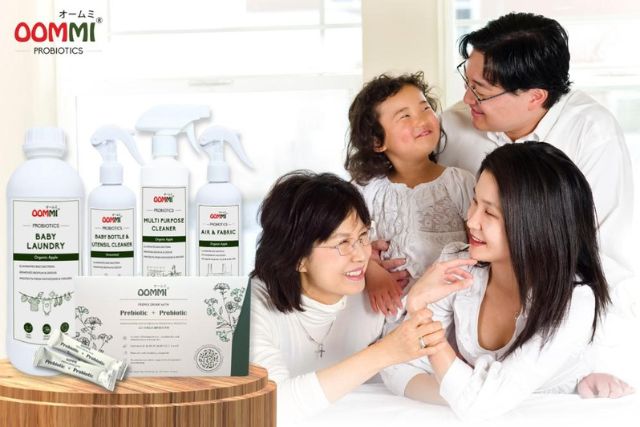




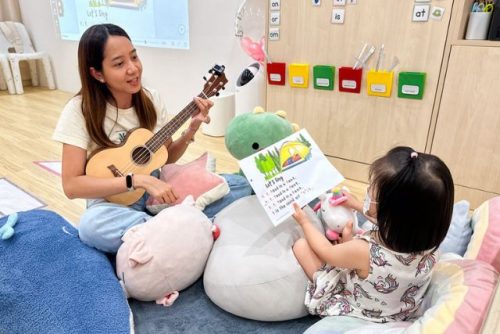

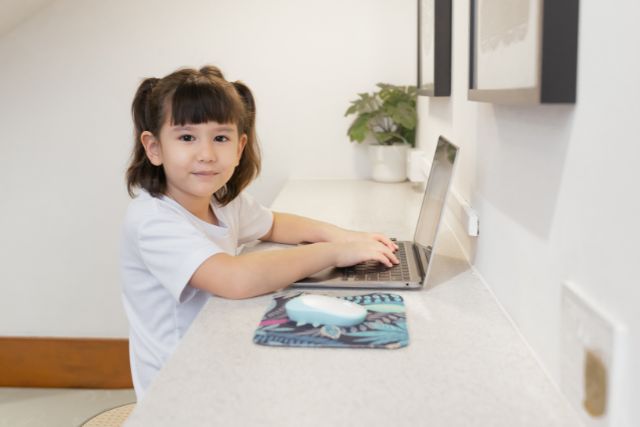


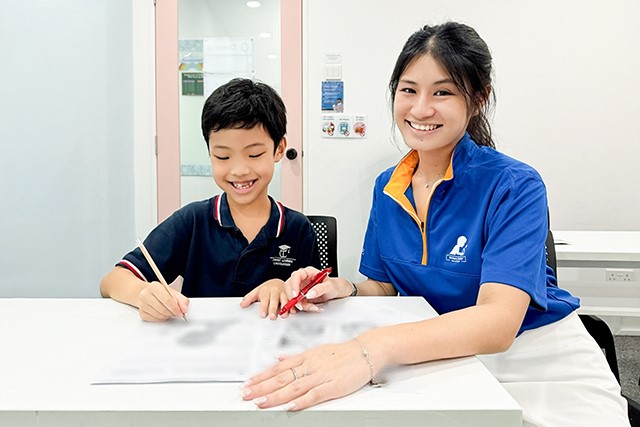



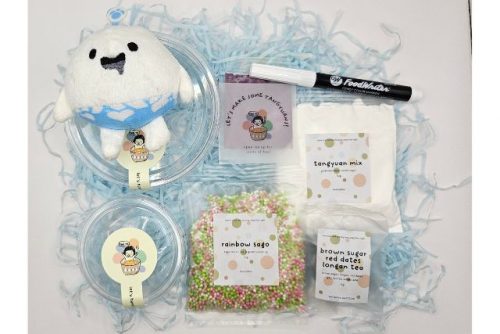





















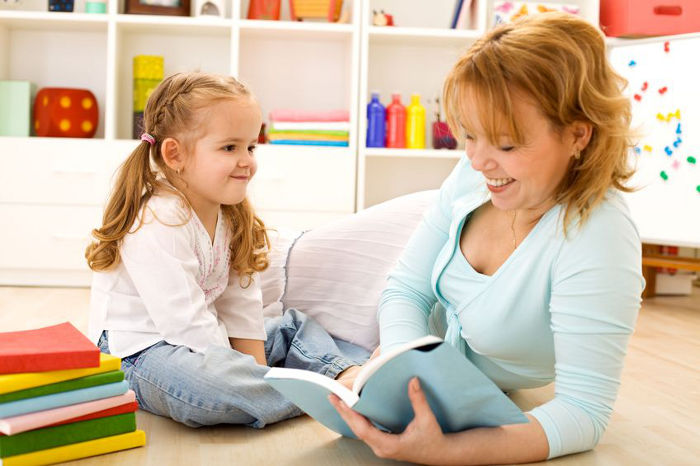
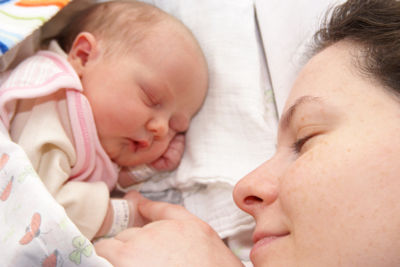
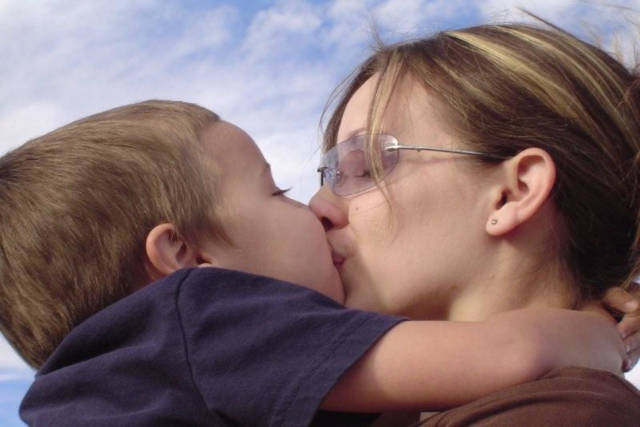














Leave a Comment: